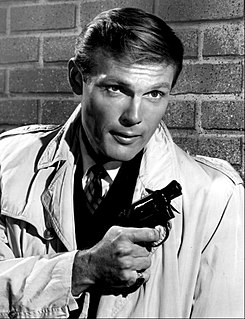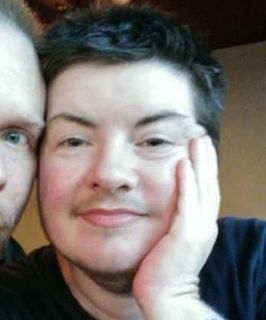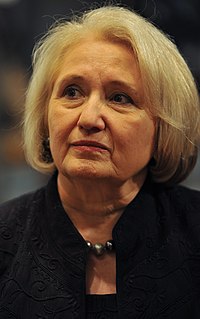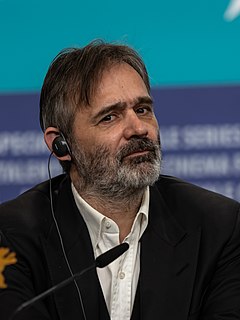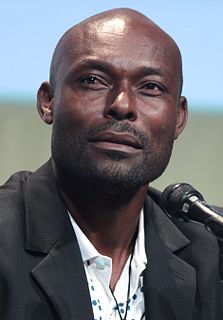A Quote by Steve Erickson
The '80s convergence of comics' new adult sensibility with the movies' advancing technology was bound to catch the attention of even slow-on-the-uptake Hollywood, and this particularly was true when 'Watchmen' and 'The Dark Knight Returns' became phenomena.
Related Quotes
When I was working upon the ABC books, I wanted to show different ways that mainstream comics could viably have gone, that they didn't have to follow 'Watchmen' and the other 1980s books down this relentlessly dark route. It was never my intention to start a trend for darkness. I'm not a particularly dark individual.
The Dark Knight series is all from Batman's point of view. But if you look at Dark Knight 2, you'll see a Superman who's much calmer than the one in the first Dark Knight. Batman and Superman are dead opposites. I love Superman. Do I love Batman more? They're not people. They're only lines on paper.
People talk about Hollywood as a myth, but in reality, when you make Icelandic movies and you want to get them distributed in the U.S., you're not really working with Hollywood. The movies I've been making, the first one I made, I made it with Working Title, but it was financed through Universal, so it became a Hollywood production.




